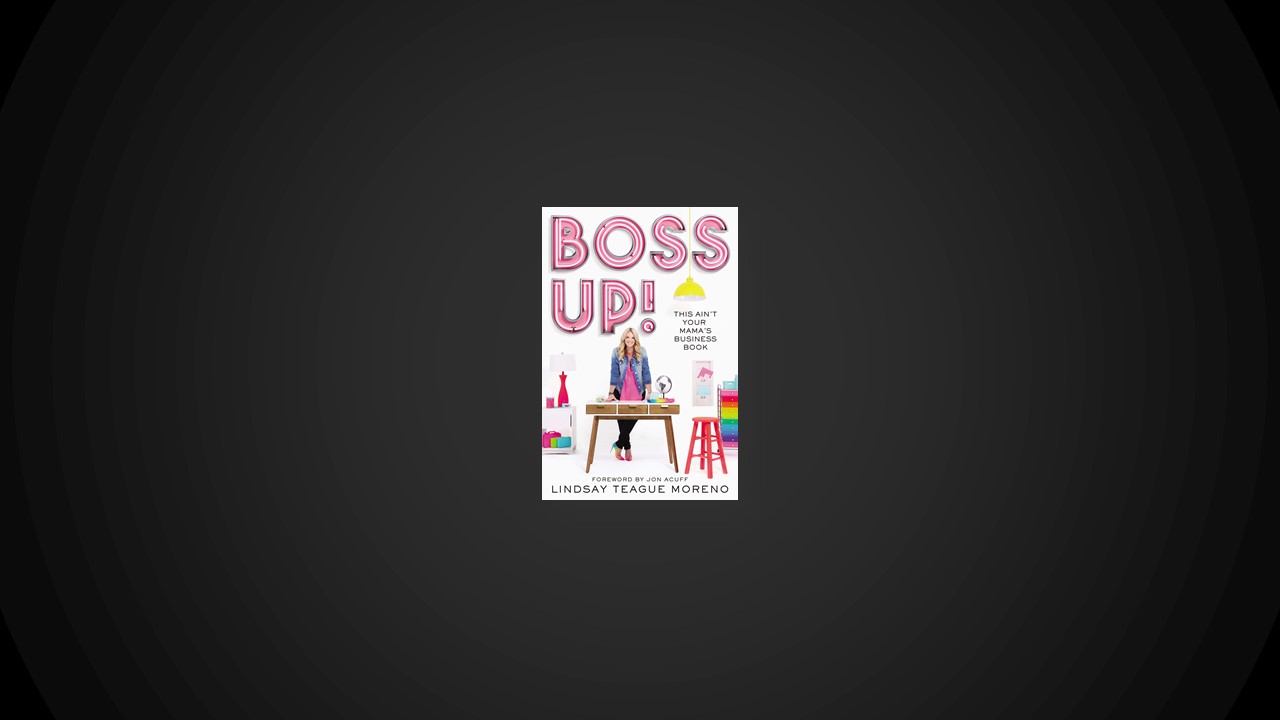Success Philosophy #1: Think Long-Term
The first success philosophy is to think long-term about your business right from the beginning. Failing to do this is a crucial mistake a lot of budding entrepreneurs make. They jump right into the business, thinking only about what they want in the present or the near future and fail to even think about what needs to happen further down the road. But you can put yourself onto the path to disaster if you don’t have a clue where you want to go over the long haul with all of your work. And even if everything turns out okay, you can waste a lot of time and money in the process.
You need to start at the beginning, get a firm grasp, and set up a foundation for your business based on your ultimate goals for yourself and your business. In other words, you have to “begin with the end in mind,” as Stephen R. Covey puts it.
Thinking long-term now will help you be smart about every change and decision you make about your business along the way.
Success Philosophy #2: Be Unapologetically Yourself
The first step to letting your freak flag fly is to stop apologizing for who you are. Stop apologizing for success. Stop apologizing for taking up time. Stop apologizing for failure. Stop apologizing for owning a space in the world.
Apologies are for when we realize we’ve done something wrong and caused harm to another person. It’s something we say to right the wrong if we can, then we work to not let history repeat itself.
This is a self-confidence problem. We don’t believe we have as much of a right to exist in the business world (or in the world in general) as other people, so we apologize for ourselves.
Self-confidence is the secret weapon to your business success. Be unapologetically who you are.
Be strong enough to like what you like.
Be confident enough to say what you mean.
Take up space.
Be too loud.
Be too much.
Be you, and don’t apologize for it.
You didn’t do someone wrong by being yourself. Stop believing you owe another human being an apology for existing.
Lift your head high, direct your eyes above the foreheads of everyone in the room, and exist on purpose.
Success Philosophy #3: Tell Stories and Connect Through Feeling
Great storytellers throughout history, from Homer to Shakespeare to J.K. Rowling, have created amazing works of art by employing these five simple components in the right order:
1.Exposition: The opening of the story, where the storyteller introduces some characters and a conflict sets the stage for what’s about to happen.
2.Rising Action: This is where the character(s) meets the conflict.
3.Climax: Suspense and emotion build as the character(s) takes action to resolve the conflict.
4.Falling Action: Have you noticed how short a story usually is once the climax is reached?
5.Resolution: Here the storyteller ties everything up with a bow for the audience.
Remember that. Your audience wants you to wrap everything up for them in a perfect little package and then tell them what to do next. As you use stories to tell customers about your business, do this for them, and don’t be afraid to ask for what you want at the end.
Success Philosophy #4: Brand Consistency Matters
Your brand is so much more. It’s the way you talk, the images you take, the feel of your social-media posts, the way you present yourself in public, your message, your theme, the people you target, the content you create.
Your brand, in other words, is everything you do. It’s your entire online and in-person presence.
The great news is that you get to decide the kind of brand you want to create around your business. Part of that process is thinking through
the foundation for your business. But another important part is creating content and messaging that is consistent to that brand. The more off-brand you go, the more confused your audience will become—and guys, confusion kills.
Make sure your message is consistent and represents you. This includes any time you’re representing your brand. Consistency is a critical part in the trust-building that you will need to have between your brand (you) and your customer.
Success Philosophy #5: Use the Unsales Tactic
For some reason many of us are under the impression that to be a good salesperson we have to understand everything about how to trick a customer into buying from us.
Selling is a skill that you can learn. There’s a right way and a wrong way to convince a customer to purchase your product or service. But the right way is not what a lot of people imagine. For some reason, many are under the impression that being a good salesperson means tricking customers into buying. But that’s the very opposite of what I believe is the most effective approach.
The first step to learning the unsales tactic is exploring your customers’ needs.
Think about education or health. Everybody already knows these things are good for them. They just need to figure out how they work in their lives right now and how this product or service could affect them. The first step is to determine their need by asking them. Get in a conversation about their pain point. There has to be value for them right now, so your first job is to find out more about them so you can show that value.
Success Philosophy #6: Put on Your Positive Pants
Yes, there will be people who won’t be able to get on board with your attempts to keep things positive. It’s up to you to have the guts not to let them infect the overall happiness of your group. And, yes, both positivity and negativity can be contagious. As Shawn Achor explains, that fact is rooted in biology:
If a brain is scanned while someone is smiling, small parts of the brain called mirror neurons light up. If you show someone a photo of someone who is smiling, those mirror neurons fire, tell your brain that you are the one smiling, and your mouth responds with a smile. It’s like yawning. . . .
Not only do smiles and yawns spread, so does negativity. If we’re in the midst of negativity, others pick it up like second-hand smoke. It’s the same way our brains process the world. . . .
The human brain is actually designed to work better when it is positive, rather than negative, neutral or stressed—as shown in improvements in scores on 10 different types of intelligence tests, i.e. spatial, verbal reasoning, quantitative. Studies also show that priming subjects to be positive increases performance on the job. For example, happy doctors create 19% faster and more accurate diagnoses, and show three times more intellectual flexibility of misdiagnoses.4
There’s a thin line between being authentic about the hard parts of your life and dumping all your issues onto your followers, but it’s worth the effort to walk that line successfully. I believe the key to being honest and authentic about the not-so-positive stuff is your intent. Is your intent to help people by letting them in on your difficult situation, or is it to get attention or unload your misery on others? The audience will feel that intent, I guarantee.
Success Philosophy #7: Keep Learning
A great way to keep learning throughout life is to be coachable. Humble. Teachable. And that’s actually a remarkable accomplishment in a world where there’s pressure to have it all figured out. It takes admitting you’re wrong at times. It takes setting your ego aside. It takes realizing you don’t have an answer. It takes changing your mind sometimes.
Detachment basically means disconnecting your accomplishments and failures (including business wins and losses) from who you are and how valuable you are.
Learning detachment can help you get on board with being coached or getting constructive criticism because that criticism has nothing to do with your intrinsic worth. Other people’s opinions don’t change your right to own your business and reach success. In fact, you need those opinions to give you perspectives you may not have considered. We need other people with different world views and different experiences to speak into our businesses and our lives.
Detachment is not the same as shirking responsibility for our wins and our losses—after all, taking responsibility for these is also a big part of how we learn and grow. But detachment does mean we quit tying those wins and losses to our value as human beings, that we quit seeing ourselves as less valuable when things don’t go as planned or when we fail.
You are not the sum of your wins and losses in this life. You are uniquely and wonderfully made, no matter if you win or lose.


